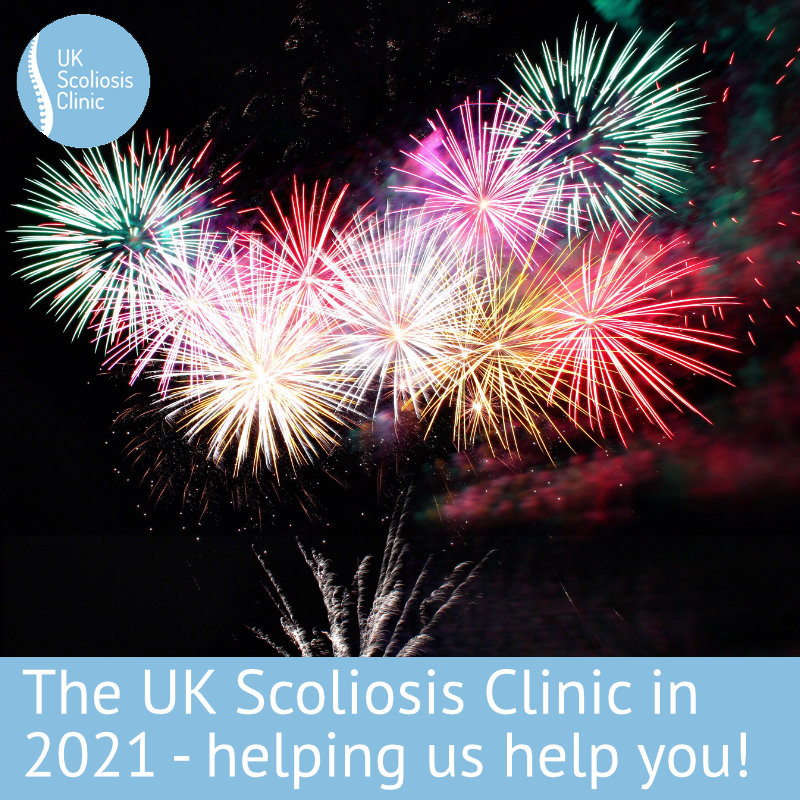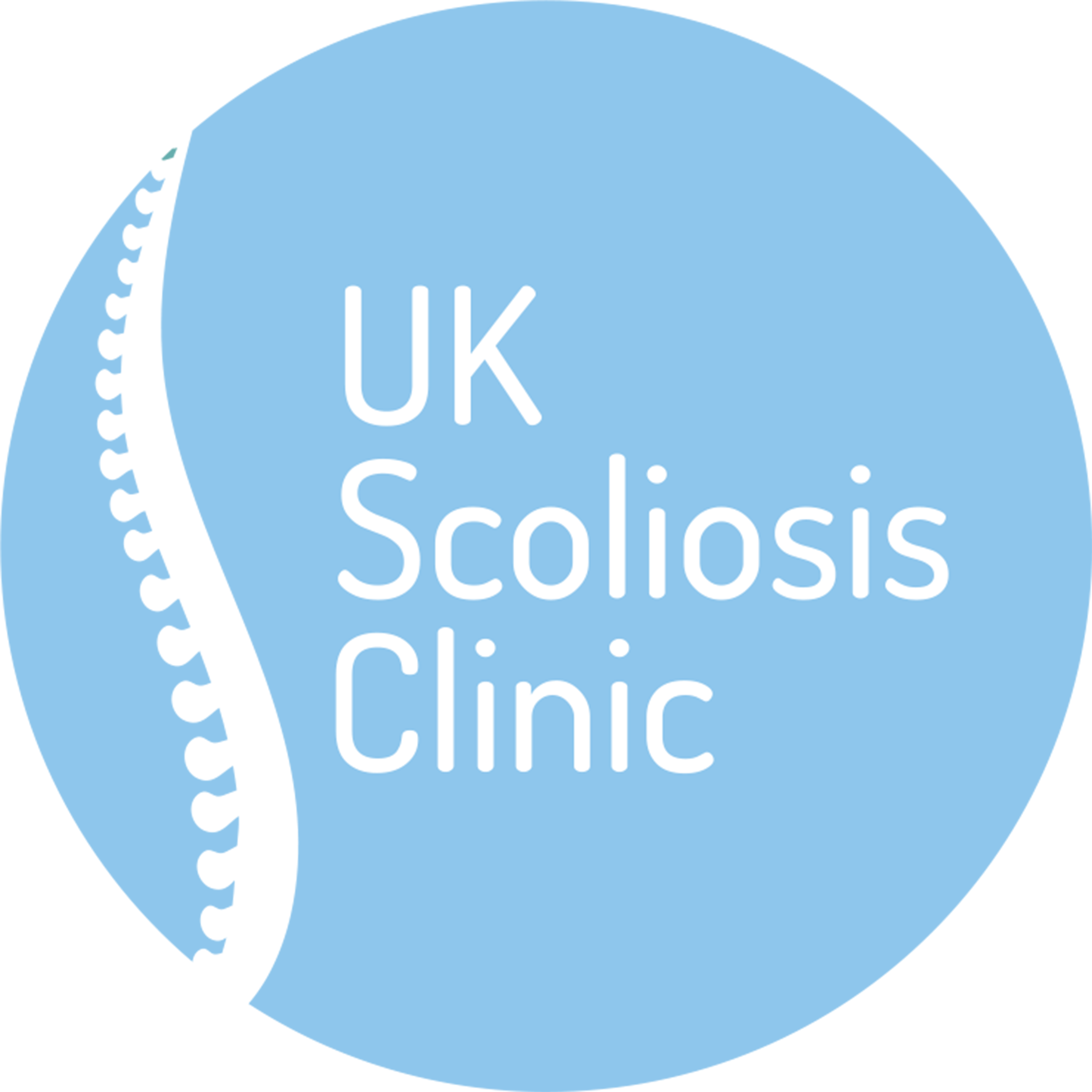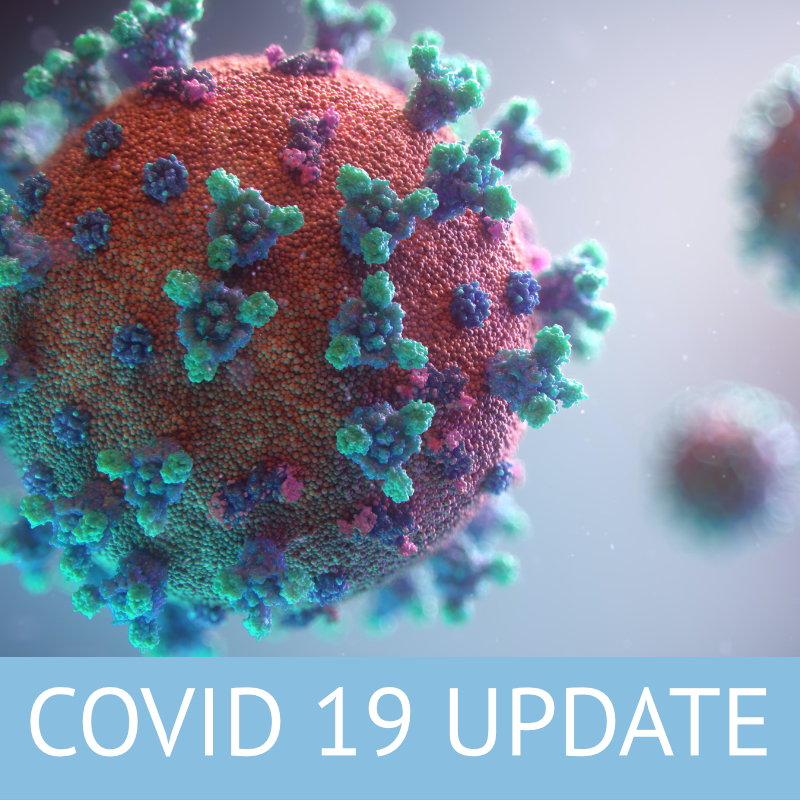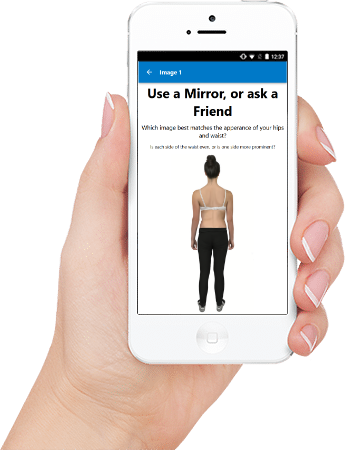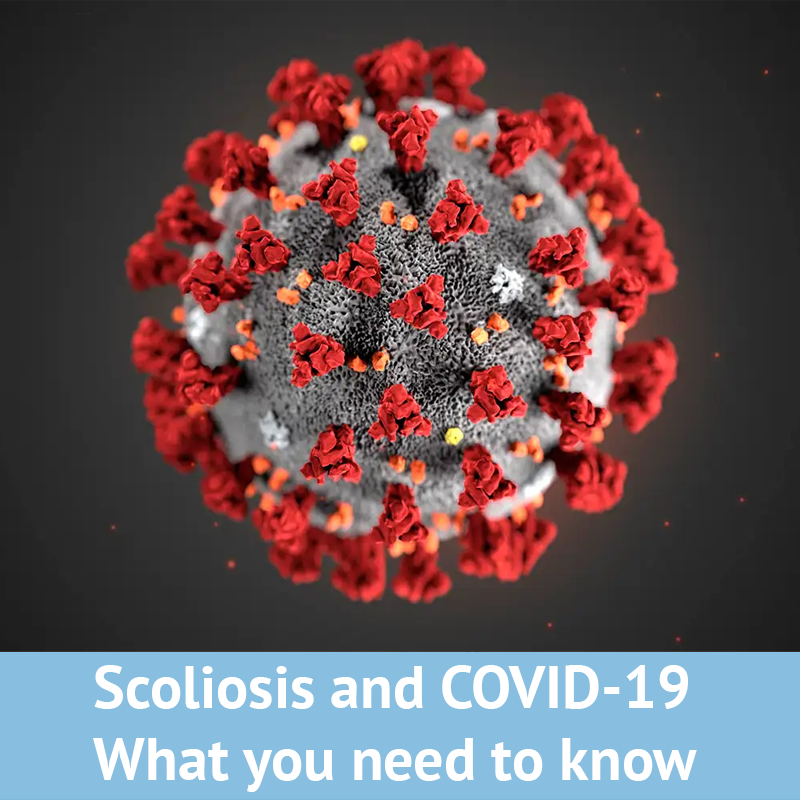
As we all know, COVID-19 seems, for the most part, seems to have a more significant impact on those with pre-existing health conditions. Sadly, many fit, healthy younger people have died from the virus, but it’s clear that those with health complications or who are simply a little older are disproportionately represented in the death statistics.
We have had questions from many clients, and indeed non-clients, wondering about how COVID-19 impacts those with scoliosis. While it’s important to stress that you should consult with your GP on your individual case, here are our best answers to some of your common questions at this stage.
Does scoliosis increase my risk to COVID-19?
At present, the UK government has defined two groups of people who are expected to be extremely vulnerable, and moderately vulnerable to COVID-19. At the present time, there is no evidence to suggest that Scoliosis itself is a factor in COVID-19 risk, although there are some areas where we would advise our clients to be cautious.
These lists are subject to change as we learn more about the virus, however at this time, the conditions listed are:
People at high risk (clinically extremely vulnerable)
People at high risk from coronavirus include people who:
- have had an organ transplant
- are having chemotherapy or antibody treatment for cancer, including immunotherapy
- are having an intense course of radiotherapy (radical radiotherapy) for lung cancer
- are having targeted cancer treatments that can affect the immune system (such as protein kinase inhibitors or PARP inhibitors)
- have blood or bone marrow cancer (such as leukaemia, lymphoma or myeloma)
- have had a bone marrow or stem cell transplant in the past 6 months, or are still taking immunosuppressant medicine
- have been told by a doctor they have a severe lung condition (such as cystic fibrosis, severe asthma or severe COPD)
- have a condition that means they have a very high risk of getting infections (such as SCID or sickle cell)
- are taking medicine that makes them much more likely to get infections (such as high doses of steroids or immunosuppressant medicine)
- have a serious heart condition and are pregnant
People at moderate risk (clinically vulnerable)
People at moderate risk from coronavirus include people who:
- are 70 or older
- have a lung condition that’s not severe (such as asthma, COPD, emphysema or bronchitis)
- have heart disease (such as heart failure)
- have diabetes
- have chronic kidney disease
- have liver disease (such as hepatitis)
- have a condition affecting the brain or nerves (such as Parkinson’s disease, motor neurone disease, multiple sclerosis or cerebral palsy)
- have a condition that means they have a high risk of getting infections
- are taking medicine that can affect the immune system (such as low doses of steroids)
- are very obese (a BMI of 40 or above)
- are pregnant – see advice about pregnancy and coronavirus
While scoliosis is not specifically listed here, there are several conclusions and cases we can take into account.
Firstly, severe cases of scoliosis can restrict breathing and reduce respiratory function – it has been shown that even under normal circumstances, those with scoliosis tend to have the lower functional capacity in this regard (that is to say, the ability to respire effectively). Many individuals with scoliosis do not experience these difficulties, however, it may be prudent to practice very strict social distancing out of caution. If you are aware that you have breathing difficulties as a result of scoliosis, we would suggest that you contact your GP for further advice, but consider yourself at higher risk.
Secondly, many scoliosis patients are older individuals suffering from de-novo scoliosis. De-novo scoliosis is very common in the population over 70 and again, may serve to limit mobility and perhaps respiration. In line with government guidelines, we recommend that this group take extra care.
Thirdly, while scoliosis is not generally considered a major issue as far as pregnancy is concerned, we suggest you inform your care team immediately if they do not already know you have scoliosis. It is important, for example, when placing an epidural, for your clinical care team to be aware that you have scoliosis. Because of the additional factors which scoliosis can bring to birth specifically, we recommend that you plan to have your child in hospital rather than considering a home birth or an alternative due to coronavirus.
Lockdown and scoliosis – what should I do?
Lockdown, while unpleasant has thus far been the most effective method available to control coronavirus. It’s clear that by reducing social contact we can slow the spread of the virus – however, it’s also becoming clear that many are now not persuing medical issues and treatment which they otherwise would. Initially, it was not possible to continue with many treatments, however, most clinics are now running as normal, with safety measures in place. We recommend the following while in lockdown:
- Try to stay active as you normally would – if you have prescribed exercises, ensure that you do them each day as normal.
- If you are bracing, continue with your wear time as usual. Do not be tempted to alter this yourself without consultation.
- If you are due a brace or exercise review, the clinic is now open for you, if you are able to attend.
- If you cannot attend the clinic in person, we can arrange a telehealth appointment for you as an alternative. We would suggest that a telehealth appointment is preferable to travel on public transport at this time, although if you can attend the clinic using private transportation this is better still.
I think I may have scoliosis, what should I do?
It’s critical that new scoliosis cases continue to be treated as quickly as possible, notwithstanding COVID-19. In Adolescent cases, in particular, even a few weeks can make a significant difference to the path of treatment as well as the potential outcome.
The UK Scoliosis clinic has re-opened for current patients and new or suspected worsening scoliosis cases. Social distancing can be maintained at all times at our clinic and special measures have been put in place to protect you. The total exposure to others required for a scoliosis consultation and even the instigation of a treatment plan is very low.
